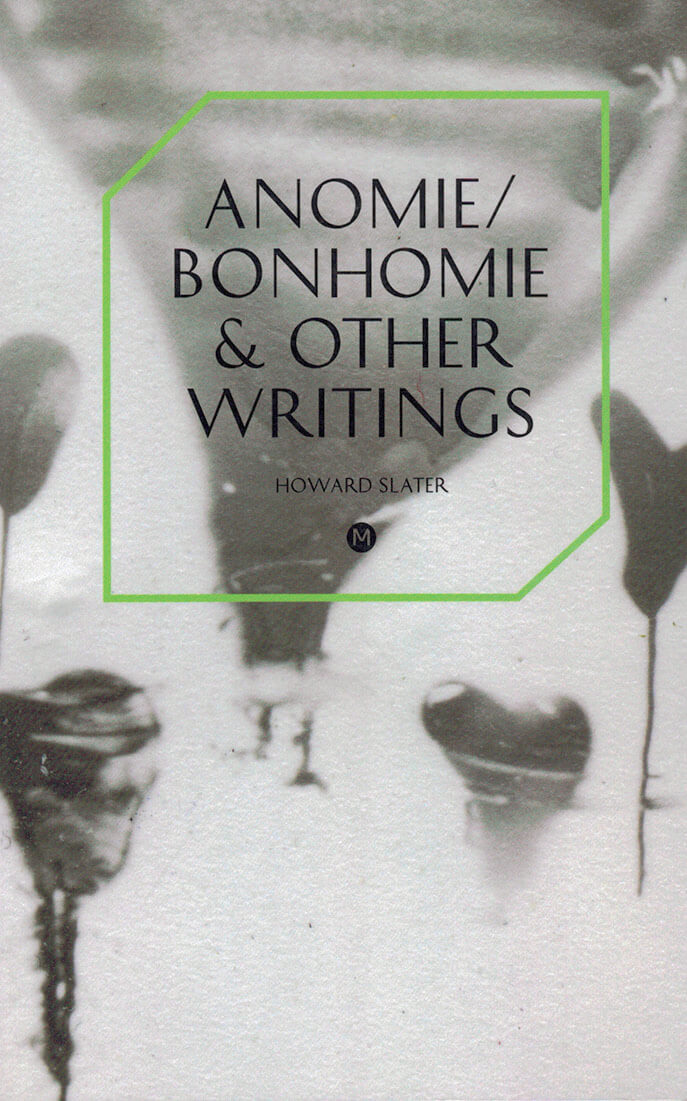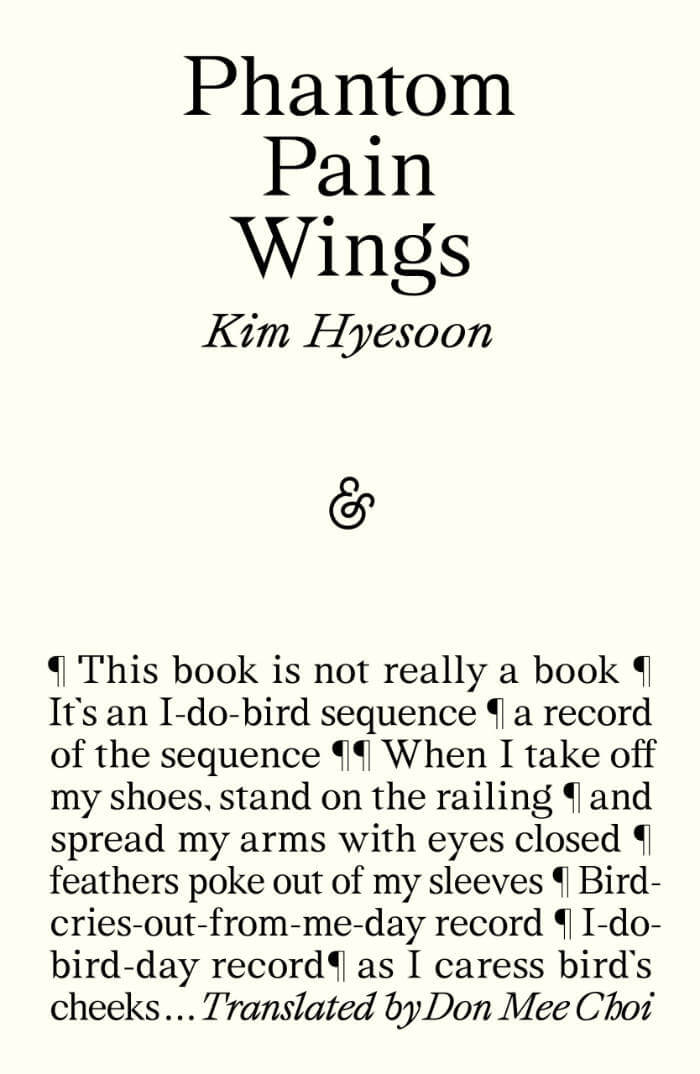The first complete translation of Egon Erwin Kisch's Karl Marx in Karlsbad. Originally written in 1946, this book recounts Marx's visits to the spa town of Karlsbad (now Karlovy Vary in Czechia) in 1874, 1875 and 1876.
Karl Marx spent three consecutive summers in the spa town of Karlsbad (now Karlovy Vary in the Czech Republic) in 1874, 1875 and 1876. Egon Erwin Kisch's 1946 text Karl Marx in Karlsbad reconstructs these three stays.
When Marx arrived in Karlsbad to take the waters for the first time, he was suffering, tired, tense, overworked and overly nervous, in other words, he was burnout. Years of political and theoretical work under agonising hardship and constant oppression had left Marx with pleurisy, inflammation of the lungs, inflammation of the nerves in his head, a carbuncle, a lung abscess and sciatica. Marx's recovery in Karlsbad, surrounded by princes, ministers, aristocrats, chamber singers, adventurers, spies, and courtesans, is a story full of amusing anecdotes and surprises.
E.E. Kisch, described by Anna Seghers as a "detective," investigated this lesser known period of Marx's life and resolved some mysteries of international importance.
For the first time fully translated, the essay is introduced by its editor, Sezgin Boynik, presenting Kisch within the context of interwar leftist avant-garde internationalism. The afterword by Sam Dolbear and Hannah Proctor revisits the emotional life of Marx and his daughter Eleonor during their visits to Karlsbad, without insulating them from the forces of history. Dolbear and Proctor are both writers and researchers, who have previously worked together on an essay on revolutionary childhood, as co-editors of a series of pamphlets on Walter Benjamin's Arcades Project, and on dreams, sleep, work, puppets, play, and proletarian children's theatre.
Designed by Ott Kagovere, the book features etchings and photographs of Karlsbad from the 19th century, as well as a colour reproduction of Christian Schad's portrait of Kisch with tattoos.
Egon Erwin Kisch (1885-1948) was an Austro-Hungarian and Czechoslovak writer and journalist, who wrote in German.
Foreword by Sezgin Boynik; afterword by Sam Dolbear and Hannah Proctor.








